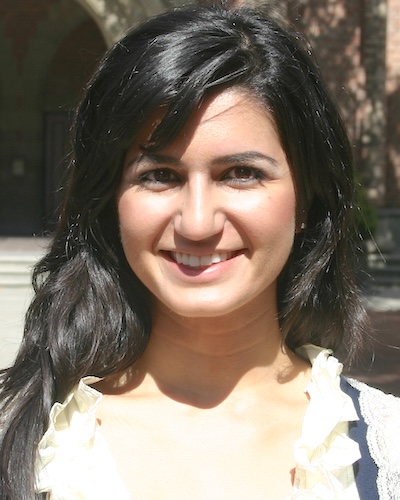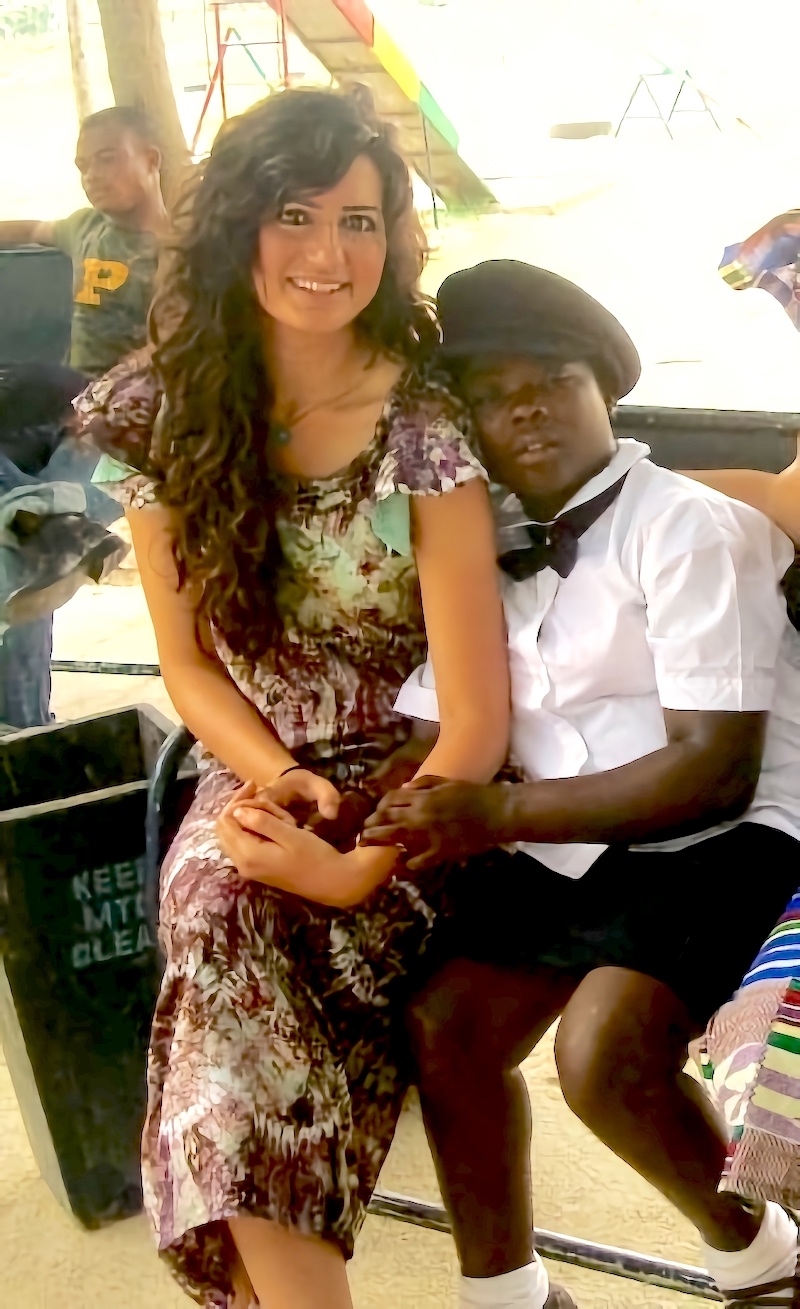Ghana

October 11, 2010
by Helen
Fieldwork International What are OS/OT?
As a first year in the graduate program at USC, you have the opportunity to travel to Ghana and have a pediatric physical disabilities fieldwork experience. I had an amazing experience in Ghana and would love to return and work with the children there in the future. It was exactly this time last year that I was just deciding if I wanted to apply to travel to Ghana or not and I wanted to share some of my experience with those who are currently in the process of deciding whether or not they’d like to travel there this year. 😊 I learned more than I could have ever imagined from the children I met in Ghana and I highly recommend the trip to the first years in the graduate program.

After a long trek from the airport, we stepped off our bus at Mephibosheth and the quiet was immediately broken by the laughter of children from behind their boarding hall window. This laughter was my source of energy for the entirety of my trip to Ghana. I had difficulty sleeping the first couple days I was in Ankamu and the Gomoa District because I was so excited to be engulfed by this entirely new place and people. I wanted to know every child’s history, how they had come to be at this facility, and I was so anxious to implement a treatment plan with students of my own. Little did I know, these children who I would be spending the following days with, would forever impact my value of time, family, resilience, interdependence, and the immeasurable value of healthcare access and occupational engagement.
Mephibosheth is the only facility in Ghana that addresses the needs of children with physical and mental disabilities. Pastor Joe and his wife Andrea have created this boarding school in the Gomoa District as a safe haven and source of occupational hope for children who are otherwise often unacknowledged by their society. As a boarding school with minimal in home aid from the school faculty, the children have adopted interdependency as their form of survival.
The practice of occupational therapy in the United States is defined by the American Occupational Therapy Association (AOTA) as being a science driven, evidence based profession that enables people of all ages to live life to its fullest by helping them promote health and prevent — or live better with — illness, injury, or disability (AOTA). Occupational therapists intervene to maximize quality of life at the early intervention, acute, or rehabilitation stages of development. As occupational therapists strive to promote independence and quality of life for clients experiencing an array of conditions, I was curious to see how therapy regarding independence in self-care would translate to the Ghanaian culture which so beautifully valued interdependence.
The day we sat quietly listening to Andrea, Pastor Joe’s wife, give us bullet points on each child’s medical and social histories, I mechanically wrote bullet points on the notes being dictated. My first notes read, “*Clara (name has been changed) — cage for six years, malnourished, Osteoporitic, estimated around 17-18 years old, has seizures, parents ashamed — guardianship given to German orphanage.” I couldn’t help but be in shock that I was just laughing for ten minutes outside with this same young lady about how she loves sunglasses and the ocean. I was quieted by the incredible confidence and happiness she exuded and humbled by how resilient this young woman who is actually 23 years of age is. My three pages of bullet form medical history notes about each child, have to this day not fully taken form in my mind.
I was baffled by the type of treatment plan I would create for our personal student *Kate, her bullets read “16-17 years, psych history, knocks doors to tell problems, taken to exorcism prayer camp, bit her breast/self mutilation, number one corn husker.” Knowing what resources were available to us, my partner and I attempted to brainstorm multiple activities we could do with her and made it our goal to give her as much positive attention as possible while trying our best to share our energy fairly between the two children we were assigned. Upon returning from Ghana, one of my most disheartening thoughts is that the entire two weeks I was there, I was unable to have a meaningful conversation with this young lady. I know that there was a language barrier in our attempts to talk to *Kate and that she was most likely not properly medicated and most definitely not in the most ideal place to address her needs, however I still felt a sense of responsibility to emotionally connect with this girl who would demand an apology from me every two minutes for looking at her, brushing against her, accidentally smiling a second too long at her, or not holding her hand when she wanted.
On the flight back from Ghana, I read our personal account readings about how practitioners should address mental health illnesses, emotional intelligence, and the value of having a trusted friend in the process of alleviating symptoms experienced by patients who have mental health disorders. As I read these personal account readings, I felt increasingly motivated to inspire change for people like *Kate who had suffered years of misunderstandings, physical and emotional trauma, and the trauma of social isolation. It seemed to me that everything these personal accounts told of what should not be done to address mental health needs was what *Kate had experienced and it breaks my heart to know that there is a very small likelihood that she will ever get the medical attention that the she truly deserves.
Pastor Joe preached on the value of being self-disciplined and having peer support. The value of leading a disciplined life was the topic of his three talks I attended at church. Leading a disciplined life means being able to practice self respect and through doing so and truly taking into consideration what is in one’s own best interest, is it possible to truly extend care and compassion for your neighbor. Pastor Joe preached that one must never forget that “there is always someone higher than you and someone lower. No one is above all.” This idea echoed in my mind as I observed the kids interacting with one another. Those who had increased range of motion helped the others get dressed, those who were able to read, helped pass out shirts with the proper labels, the kids who were doing better cognitively had the responsibility of passing out snacks. Everyone fed one another, wheeled one another, dressed one another, and shared every possession so openly. There is a set system of checks and balances among the kids at Mephibosheth. Each child has a role, character, and identity within their Mephibosheth family.
My last night at Mephibosheth, I had a conversation with one of the students that truly exemplifies the charisma of the children we worked with. I said to *Clara, “Your birthday is coming up! If you could do anything in the world for your birthday, what would that be?” and she replied with a smile “I would go to the beach and have a cola with my orphanage mother.” The children we worked with did not have the luxury of drinking soda and the beach was less than a mile away from their facility. The children travel to the beach once a year when the USC students visit, due to the need for adequate supervision/volunteers to travel with. The children I was so fortunate to have spent time with at Mephibosheth have forever influenced my thoughts, values, and ambition to decrease discrepancies in health care access.
⋯
Next by tag Fieldwork ⟩ International ⟩ What are OS/OT? ⟩
⋯
1. .(JavaScript must be enabled to view this email address) | November 20, 2010
WOW! Such an inspirational article! Im in big support of a healthy lifestyle and helping people achieve and get close to this as they are able. This is why you touched me so 😊 Helen you are an AMAZING PERSON. Keep Up The AMAZINGNESS in providing your kindness to those unable of achieving it themselves! G_D BLESS YOU!





